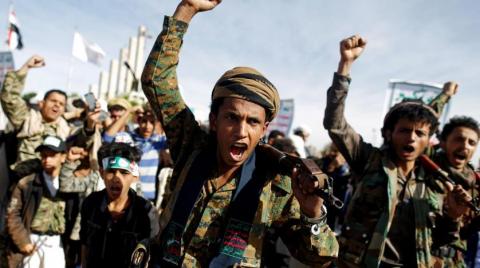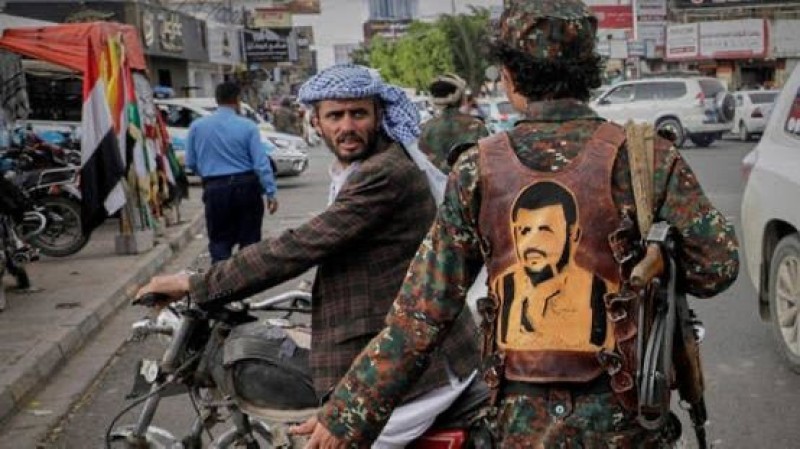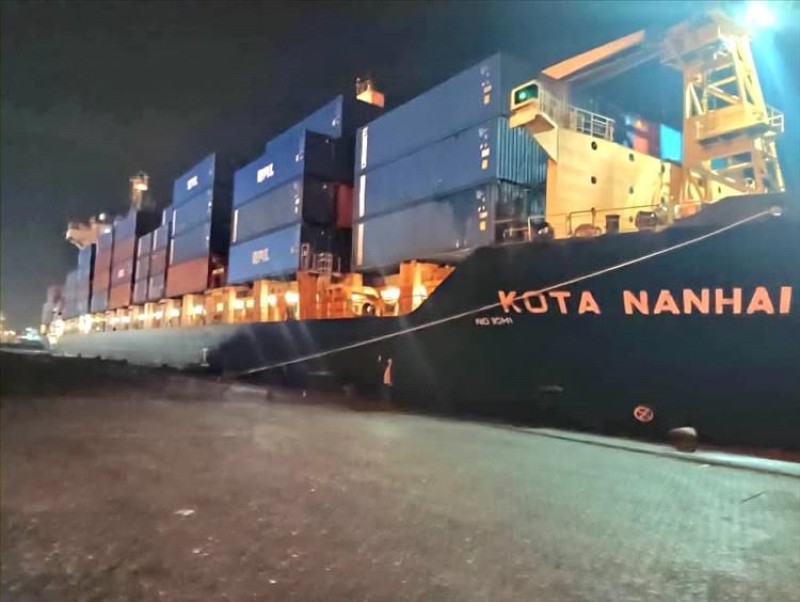Yemen: UN Population Fund stresses women’s needs, amidst world’s worst humanitarian crisis


Intense clashes in Yemen’s Al Hazam City, this month have caused massive displacement with an estimated 1,800 families forced to flee their homes, according to a flash update from UN humanitarian coordination office, OCHA.
The new fighting exacerbates displacement caused by renewed clashes involving pro-Government forces and Houthi rebels around Marib, Sana’a and Al Jawf Governorates, which forced 5,000 families to flee their homes, according to a situation update from UNFPA, the UN Population Fund, which focuses on sexual and reproductive health.
Yemen is the world’s largest humanitarian crisis and displaced persons remain in need of protection, shelter and lifesaving health services.
Amid reported airstrikes, massive displacement was reported from Al Hazm District, which has been hosting thousands of civilians on the run from parts of Al Jawf and Marib Governorates. On 1 March, a reported 2,100 displaced families reached Marib, where they are being hosted by local communities.
Three-quarters of displaced are women and children
In the past three years, nearly 4.3 million people have been displaced in Yemen, about half of whom are women, with 27 per cent below the age of 18.
“Women and children make up almost 76 per cent of displaced persons in Yemen, and amid all the hardships, women have remained strong and resilient. In most cases they have been the ones carrying the burden of providing for their families”, said Nestor Owumohangi, UNFPA Representative in Yemen.
Conflict escalation and the ensuing humanitarian crises have further weakened the position of women and girls in Yemeni society, says UNFPA. The result has been the near erosion of protection mechanisms for women, increasing their risk of abuse and violence.
UNFPA mobile protection and reproductive health teams have been deployed to provide critical maternal health services, psychological first aid and transit kits, identifying the most vulnerable women and girls and referring them to relevant services.
Losing access to education
With limited shelter options, displaced women and girls tend to suffer most from lack of safe spaces and limited access to basic services. Notably, displaced girls are more likely to lose access to schooling as families with limited resources deprioritize their education. An estimated 48% of Yemini women are illiterate and child marriage continues to be a common practice.
UNFPA is working to empower women and girls through safe spaces and mobile clinics in affected regions. By providing access to reproductive health services and psychosocial support, women receive life-saving assistance, whether they are displaced, on the move or caught in the frontlines of conflict.
Since mid-January, over 3,600 newly displaced households (25,000 individuals) have been identified as needing emergency relief. Mobile reproductive health teams continue to be deployed by UNFPA partners in Marib to serve newly displaced persons in collective sites. To date, over 4,400 displaced persons have received essential reproductive healthcare, with others referred to relevant services.
UNFPA the only source for reproductive services
UNFPA remains the single source of reproductive medicines, supplies and services for the country amid obstacles and challenges. With only 35 per cent of maternal health facilities currently functioning, investments are needed in strengthening the health system.
“Since the war started, health providers have not been receiving salaries,” explained Dr. Afrah Thabet, a Yemeni obstetrician stationed with UNFPA in the country. “We keep training them to provide minimum services for reproductive health. With the current situation in the country, we are trying our best to make sure that women are able to access commodities, medications and maternal health services they urgently require.”
Our colleagues at UN News Arabic interviewed Dr. Thabet last month, and you can find the story here.
In 2019, more than 3.5 million people in Yemen received lifesaving emergency packages and reproductive health and protection services through the support of UNFPA. More than 116,000 safe deliveries were facilitated and an estimated 30,000 survivors of gender-based violence received care.

Sana’a – The occupied Yemeni capital Sana’a is witnessing mounting economic panic and a sharp collapse in the real estate market…

Aden – The vessel Kota Nanhai departed Al-Mualla Container Terminal at Aden Port this evening after completing the unloading of 457 standard…

Aden — Yemen’s Presidential Leadership Council Chairman Rashad al-Alimi held talks with Central Bank Governor Ahmed Ghalib to review th…